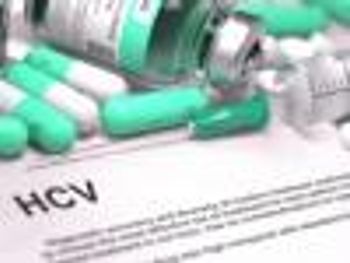
Use of these hepatoprotective agents may reduce the risk of liver damage caused by ingredients in Technivie and Viekira Pak.

Use of these hepatoprotective agents may reduce the risk of liver damage caused by ingredients in Technivie and Viekira Pak.
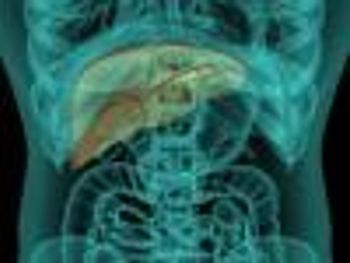
Liver conserving treatments are sorely needed.

Pharmacists can collaborate with the entire health care team to improve adherence.

Closed-system transfer devices protect health care workers from hazardous drugs. It is important for pharmacists to understand the disparate design characteristics of these systems, and how these characteristics may affect protective efficacy.
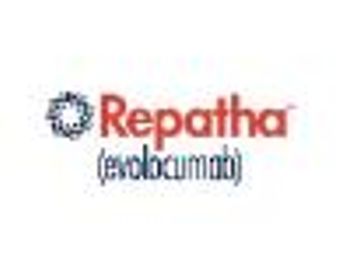
Repatha (evolocumab) treats primary hyperlipidemia in combination with dietary measures and maximally tolerated doses of statins.

Recent case reports indicate possible anti-lymphoma efficacy of direct-acting antivirals in patients with both lymphoma and hepatitis C.

Recent case reports indicate possible anti-lymphoma efficacy of direct-acting antivirals in patients with both lymphoma and hepatitis C.
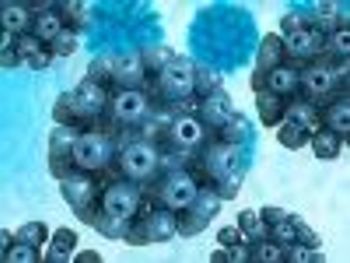
A new study shows that adding a third drug to the ingredients in Harvoni could cure hepatitis C in half the ordinary time.
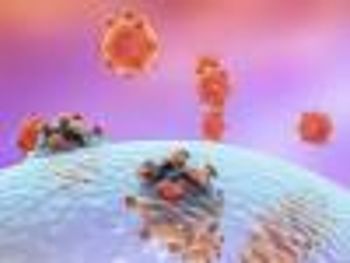
Some of the basic research behind NS5B inhibitors reveals an often overlooked, but clinically important difference between Viekira Pak and Harvoni.
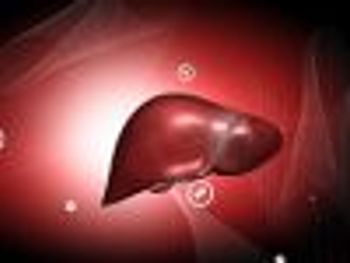
Extrahepatic manifestations may be important clues in the diagnosis of hepatitis C infection.
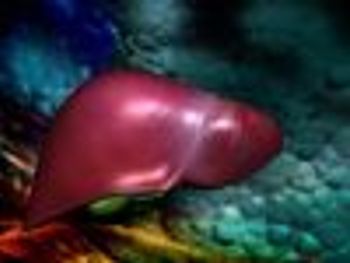
Effective therapies in liver transplant patients reduces HCV recurrence.

Direct-acting antivirals may help eradicate hepatitis C virus in patients who recently had a liver transplant, reducing the need for further transplants.
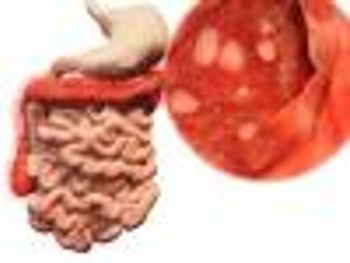
Combination of sofosbuvir and simeprevir may have an unexpected side effect in HCV therapy.
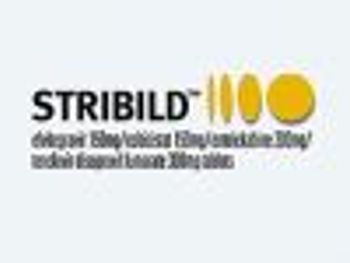
Stribild (elvitegravir, cobicistat, emtricitabine, tenofovir disoproxil fumarate) is approved for treatment of HIV-1 infection.

The particular needs of pharmacists and nurses should be considered by an institution selecting a CSTD system.

For patients with hepatitis C seeking modern treatment options, many health plans force health care professionals use criteria that are clinically unsound.

Proposed regulations call for the use of closed-system transfer devices by health care workers handling hazardous drugs.

A target systolic blood pressure (SBP) of 120 mm Hg has outperformed the recommended 140 mm Hg target in the landmark SPRINT study.
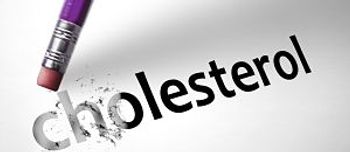
Pharmacists should be aware that the FDA recently approved the first cholesterol-lowering proprotein convertase subtilisin/kexin type 9 (PCSK9) inhibitor antibodies.

PCSK9 inhibitors are a promising new class of drugs for patients with dyslipidemia, but where do they fit in therapy?
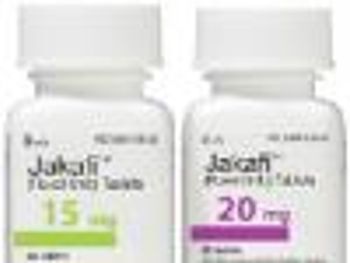
Jakafi (ruxolitinib) is the first drug approved by the FDA for the treatment of the chronic bone marrow disease polycythemia vera.

Preparation for the implementation of USP is a multifaceted process that every pharmacy will face.
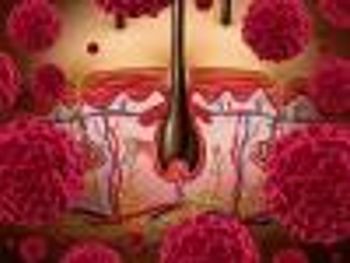
Patient experiences complete remission after treatment with 2 immunotherapies.

Nivolumab shows promise in patients whose disease progressed after ipilimumab and BRAF inhibitor therapy.
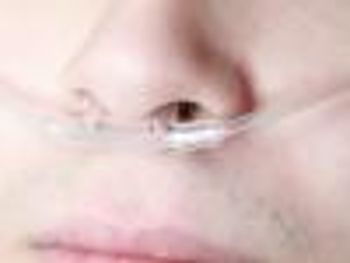
Medication will be used as an add-on maintenance therapy in patients aged 12 years and older.
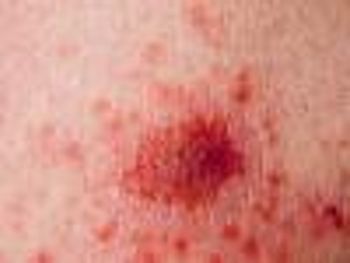
Long-term survival results after 5 years of ipilimumab therapy in patients with advanced melanoma shows promise.
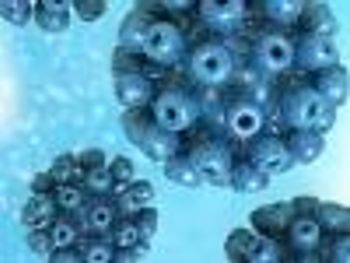
Sofosbuvir-based therapy offers the potential for high cure rates even in difficult-to-treat patient groups.
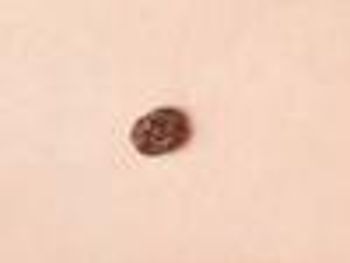
Results of the long-awaited Keynote 006 study prove the superiority of pembrolizumab to ipilimumab on criteria of both progression-free survival and overall survival.

Heat shock protein inhibitors may stop proteins involved in cancer cell survival.

A relationship between hepatitis C and cancer is reinforced by data from epidemiologic research.